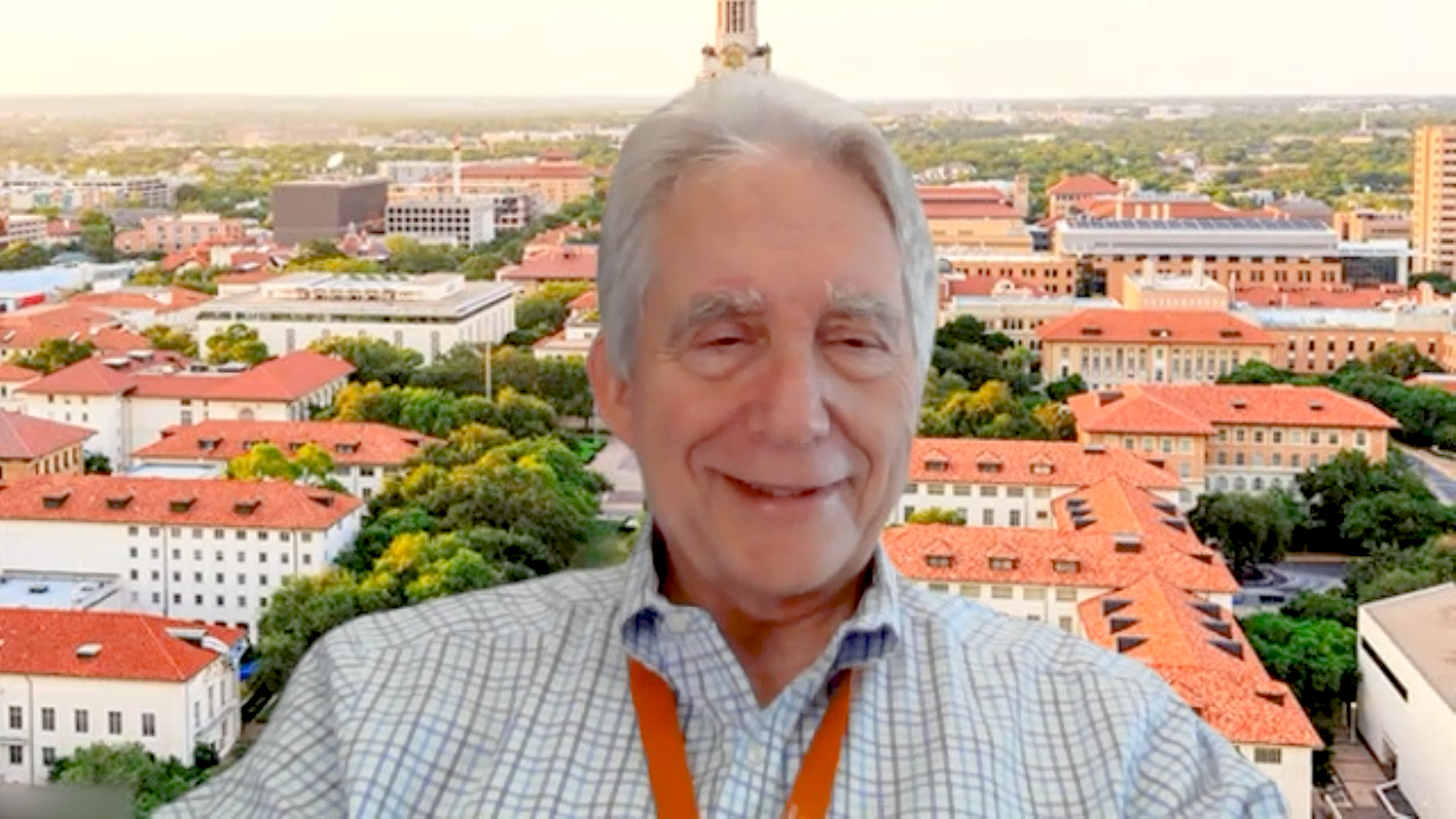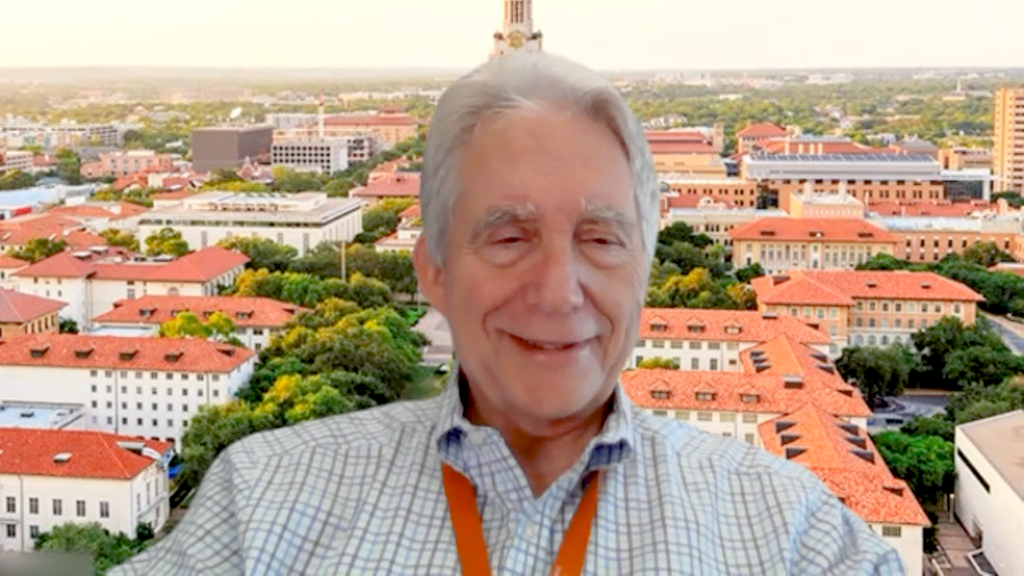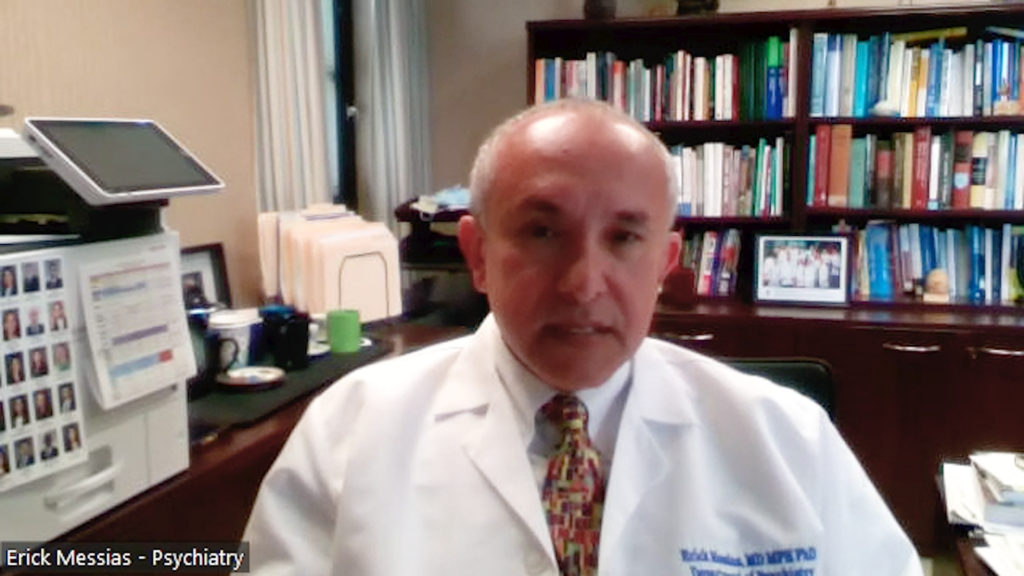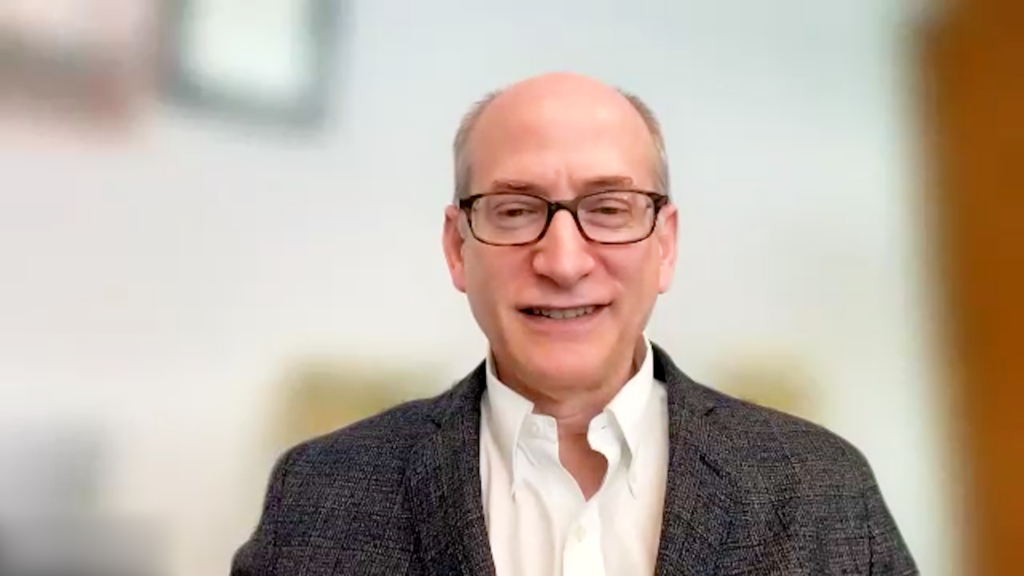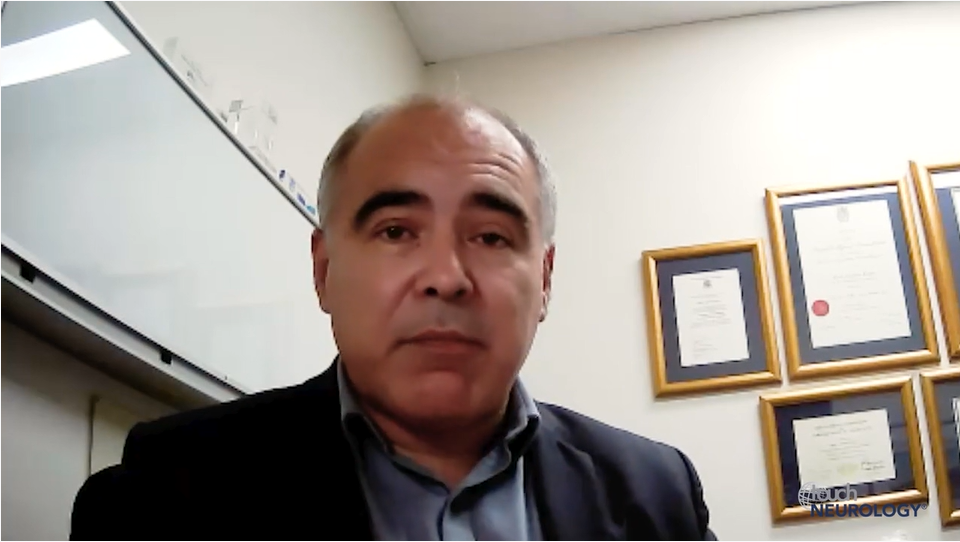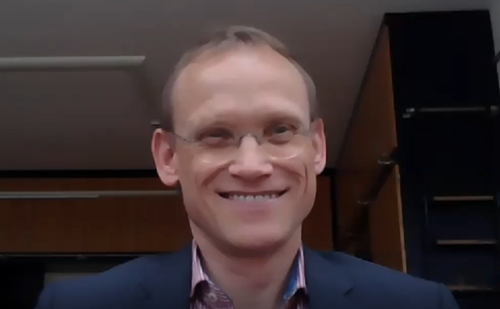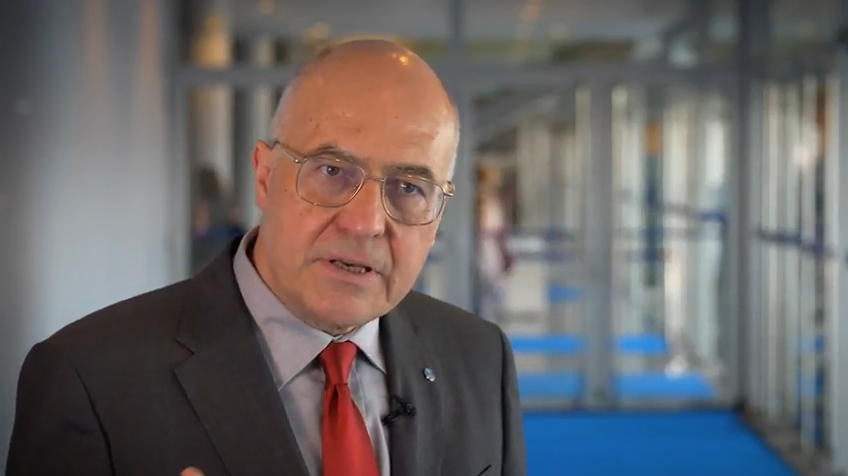Positive psychiatry encompasses several approaches that focus on promoting well-being and resilience in mental health care. In this touchNEUROLOGY interview, we speak with Dr Erick Messias (Saint Louis University School of Medicine, St. Louis, MO, USA) to discuss how positive psychiatry can be effectively integrated into clinical practice to manage patient outcomes and well-being, and how to actively engage with policy makers to foster social connections and address loneliness and social isolation as key social determinants of health at the community level.
The abstract entitled ‘Novel Positive Psychiatry Interventions: Helping Patients, Professionals, and Populations’ was presented at the American Psychiatric Association, 20-24 May 2023, San Francisco, CA, USA.
Questions:
- How can the five approaches of positive psychiatry be effectively integrated into clinical practice to manage patient outcomes and well-being? (0:17)
- How can positive psychiatrists actively engage with policy makers to foster social connections and address loneliness and social isolation as key social determinants of health at the community level? (3:07)
Disclosures: Erick Messias has nothing to disclose in relation to this video interview.
Support: Interview and filming supported by Touch Medical Media. Interview conducted by Katey Gabrysch.
Filmed as a highlight of APA 2023
Access more content on psychiatric disorders
Transcript
How can the five approaches of positive psychiatry be effectively integrated into clinical practice to manage patient outcomes and well-being? (0:17)
Positive psychiatry is an emerging field, in psychiatry in which we focus not only on taking care of symptoms and reducing symptoms but also improving well-being and fostering strengths. So, you know, you can look at it, as you mentioned, five different approaches. One is, strictly speaking what’s been developed in Germany in the 1970s, and another positive psychotherapy was developed in the United States in the last twenty years. The first one in Germany is more supportive, and it’s focused on a balanced model- in having a life that is balanced between your body, your relationships, your work, and your sense of meaning with transcendent approaches and in the US, it’s more CBD-oriented using cognitive behaviour therapy techniques to develop positive behaviours. Positive psychotherapy has to do with, you know, positive combining looking at using medications in a way that can not only take care of symptoms but also improve functioning. You can see this with medications for attention deficit disorder, medications with that can reduce anxiety in order for people to be more social. So you can frame things in terms of not only taking care of – say a medication helps sleep – it’s not only the going to take care of insomnia, but it’s also going to help your sleep, help your energy during the day, and help your ability to function. You can also look at positive prevention, which is the idea of using preventive interventions to decrease the risk of mental disorders in populations. So those are, you know, interventions you can do in schools. You can do at work, to decrease anxiety, to decrease the sense of disconnection with the world, as well as positive health, which is the well-being, traditional well-being approaches. Good nutrition, exercise, social relationships, and all that. Finally, we have positive neuroscience, which is understanding how these positive attributes function in the brain. So, for example, my mentor, Dr Dilip Jeste in California, he has looked into the neuroscience of wisdom, which is one of the classic virtues, virtues that have been described since ancient times.
How can positive psychiatrists actively engage with policy makers to foster social connections and address loneliness and social isolation as key social determinants of health at the community level? (3:07)
We are now understanding the role of loneliness and lack of social connections, in not only physical health, but also in mental health. We, psychiatrists, I think, should have a place at the table to discuss these factors and how to interact. How could we do that? First of all, we could do this through research and data. So now we have data that shows that loneliness is actually as detrimental to your health at smoking. So we have we had a lot of public health campaigns about smoking because we knew from research how much damage smoking would do to your health, not only your lungs, but also your cancer risk, etcetera. So now we know the same about loneliness, so can we understand what are the major factors through research about this? We can then advocate for policy change. So, for example in the US, we have very limited availability of housing, for example, and housing leads to homelessness, and homelessness is associated with loneliness. So we could talk about different housing rules and regulations that can improve access to housing through high density apartments, for example, that in the US, the major housing rules are still focusing on single family homes that are detached. We can also collaborate with community organizations, there are tons of community organizations around the globe that deal directly with the community and their own needs, and we psychiatrists can come in as experts and collaborate and actually work together. We can raise awareness, which is what I’m trying to do here with you today, talking about this issue. We can engage with other health professionals, physicians, psychologists, psychotherapists, we can talk with nutritionists – we can talk about access through healthy foods. So there are tons of things that we can do to improve that. We can work with geriatric physicians and geriatric psychiatrists in helping the elderly, which suffer and are particularly vulnerable to loneliness. and who can also run pilot programs we can work with professional associations, organizations, nursing homes, and all that type of things. So there are lots that we can do as psychiatrists and as positive psychiatrists that we can bring to the table.
Subtitles and transcript are autogenerated

